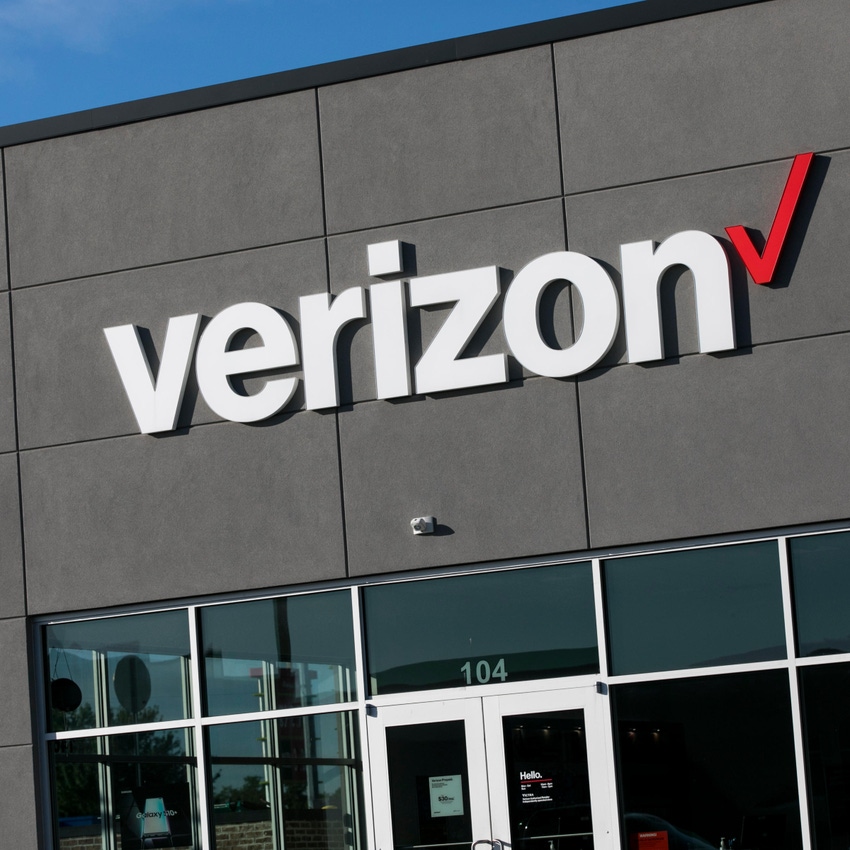
Verizon has been talking publicly about shutting down its 3G network for roughly seven years now. But in the next few months, it looks like the company will finally, officially do it.
If Verizon does shutter its 3G network on January 1, 2023, as it has promised, it will be the last big US wireless network operator to do so. Despite warnings from home security companies, alarm operators and others that use the networks, AT&T turned off its own 3G network on February 22, and T-Mobile dismantled Sprint's 3G CDMA network on March 31, its 4G LTE network on June 30 and its own 3G UMTS network on July 1.
The moves affected thousands of devices (it's unclear how many of those devices were still being used by customers). AT&T reported to the SEC it disconnected 10,707 subscribers and devices when it shut down its 3G network. That amount included 8,825 connected devices and 899 postpaid customers.
Meanwhile, T-Mobile told the SEC that its overall network decommissioning efforts resulted in the removal of 57,000 postpaid accounts in its first quarter and 69,000 postpaid accounts in its second quarter of 2022.
Verizon officials have not disclosed how many devices might be affected by the carrier's own 3G shutdown plans, though Verizon has delayed its planned shutdown several times in order to give customers more time to upgrade to its 4G and 5G networks.
Figure 1:  (Source: Kristoffer Tripplaar/Alamy Stock Photo)
(Source: Kristoffer Tripplaar/Alamy Stock Photo)
Verizon's planned 3G shutdown comes at an inopportune time for the company. Verizon's CEO recently confirmed the operator will report negative net additions among its phone customers in the third quarter. That would represent the third full quarter of such declines in Verizon's mobile business – a first in the company's history.
"As we prepare for our earnings call in October, I'm reflecting on the actions we have taken and looking forward to kicking off 4Q," Tweeted Verizon's CEO Hans Vestberg last week.
Bigger problems
Analyst Roger Entner, with Recon Analytics, explained that Verizon likely will record 3G-related customer losses as a financial adjustment, like AT&T and T-Mobile have done, and not as subscriber disconnections. That ought to limit the effect of Verizon's 3G shutdown on its churn metrics.
"Nevertheless, we should see a revenue impact," Entner warned.
Indeed, a number of analysts have been warning that, broadly, Verizon faces mounting challenges from competitors ranging from Comcast to T-Mobile.
"Verizon is in a difficult position in large part due to their past success," summarized the financial analysts at New Street Research in a recent assessment of Verizon's overall financial position. "The company's position is made more untenable by the fact that they are priced at a substantial premium and the network differentiation that justified that premium in the past is waning. Verizon's pricing will be still more difficult to sustain if we enter recession. Verizon remains the most challenged of the national wireless carriers."
Entner largely agreed. "For all the problems that Verizon has, the 3G shutdown is the least of them," he said.
Verizon, for its part, has raised pricing across a number of its services. But it has also introduced new pricing strategies around the iPhone and around prepaid services.
Verizon is scheduled to report its third-quarter results October 21.
Related posts:
— Mike Dano, Editorial Director, 5G & Mobile Strategies, Light Reading | @mikeddano
About the Author(s)
You May Also Like




_International_Software_Products.jpeg?width=300&auto=webp&quality=80&disable=upscale)







